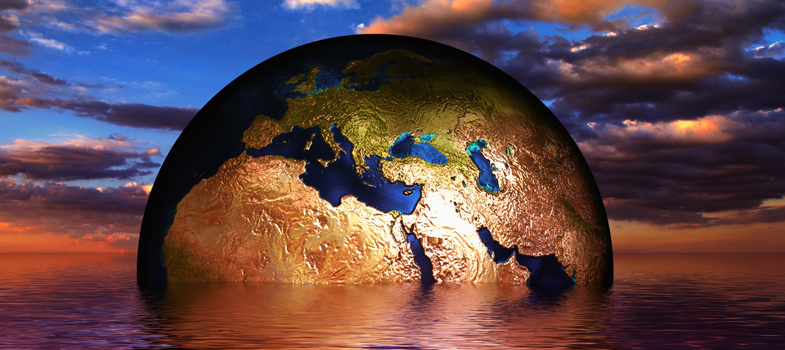1.2 Recent developments in ecopsychology
In the late 1970s, Joanna Macy made an important contribution to applied ecopsychology when she started facilitating programmes which first became known as ‘Despair and Empowerment’ work. As an anti-nuclear campaigner she noticed that many activists cannot recognise and include their emotional responses in campaign work. This often leads to, for example, ineffective ways of campaigning, such as endless delivery of facts or activist ‘burnout’. Joanna Macy writes:
This group work … brought together many antinuclear and environmental activists as well as psychologists, artists, and spiritual practitioners. Workshops, ranging in length from an evening to a week, in churches, classrooms and police armories, drew many thousands of people from within and beyond movements for peace, justice, and a safe environment.
Now, Joanna Macy calls this work ‘The work that reconnects’. Some useful practices for helping people to explore their feelings in relation to environmental issues, such as climate change, are described in her book Coming Back to Life. I will return to this later.
A further root of ecopsychology stems from psychologists and psychotherapists who recognise that global ecological issues are one of the causes of individual anxiety, beyond and besides personal experiences in the past and family disturbance. Therapists know a great deal about the ways in which deep personal change takes place, and how we resist doing the things which we know are good for us, often replacing them with things that are self-destructive or socially harmful. Some psychologists and psychotherapists are attempting to apply this wisdom to climate change and the ecological crisis.
In 1996 Theodore Roszak, Mary Gomes and Alan Kanner edited a seminal book Ecopsychology: Restoring the Earth, Healing the Mind. This book contains chapters from diverse authors from the many different roots of ecopsychology, and it still remains the best introduction to this field of inquiry.
The following links take you to web-based resources that further introduce ecopsychology:
Mary-Jayne Rust’s article ‘Climate on the couch’.
John Seed’s article ‘Ecopsychology’.
Robert Greenway’s article ‘The multiple approaches to ecopsychology: one view’.
Activity 1
Give an overview of ecopsychology to a friend in 10 minutes. Describe one aspect of the field that particularly inspires you. Ask your friend about their responses to what you have said. Listen carefully, without interrupting. Notice what each of you are feeling as you are having this conversation.
Spend some time reflecting on your relationship to place.
What kind of environment were you born into?
What place or places feel most like home to you?
Have these places changed over the time you have lived there?
Are these changes for the better or for the worse?
Do you have a special place(s) that you go to when you need restoration?
1 Defining ecopsychology
